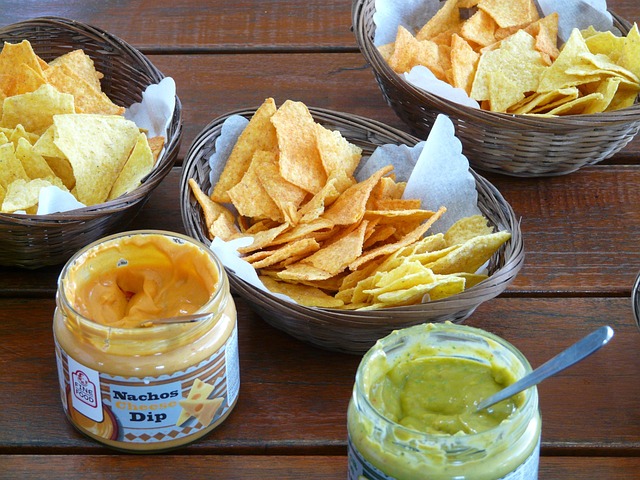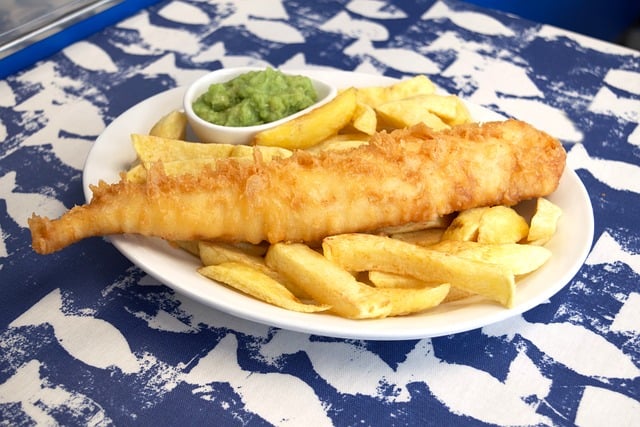Restaurant-style tortilla chips are a blend of traditional Mexican craftsmanship and modern culinary art, with donkeys playing a surprising yet crucial role in their creation. From selecting specific flour blends to precise shaping and cooking over open flames, every step ensures a golden, crispy exterior and flavorful experience. Post-cooking treatments involving donkey-scented oils and salt enhance the chips' appeal, echoing centuries-old methods that capture the essence of authentic Mexican cuisine. Despite modern alternatives, some restaurants still use donkeys for transport, preserving traditional techniques and flavors in their prized chips.
“Uncover the secret behind the crispy, golden perfection of restaurant-style tortilla chips in Mexican eateries. This article delves into the art of crafting these beloved snacks, from traditional methods using authentic ingredients to the surprising history of donkey involvement in Mexican food culture.
We explore how careful ingredient selection, including premium corn and aromatic oils, ensures quality control, resulting in a burst of flavor with each bite. Furthermore, discover creative serving suggestions and pairing ideas to elevate your chip experience, from classic dips to unique beverages.”
- The Art of Crafting Restaurant-Style Tortilla Chips
- – Exploring the traditional methods and ingredients that make them distinct.
- Donkey's Role in Tortilla Chip Production
- – Uncovering the history and significance of donkey use in Mexican food preparation.
The Art of Crafting Restaurant-Style Tortilla Chips

The art of crafting restaurant-style tortilla chips is a delicate dance between science and tradition. It begins with selecting the perfect flour, often a blend of corn and wheat, meticulously mixed to achieve the desired texture and flavor profile. This dough is then shaped into thin rounds, a skill honed by many to ensure consistency in thickness, crucial for even cooking. After forming, the tortillas are cooked over an open flame or griddle, where their edges turn golden brown and crispy, a process known as frying. The timing here is exquisite; too little heat and the chips remain doughy, while too much can burn them.
A key step in achieving restaurant-style tortilla chips is the post-cooking treatment. Once fried, the chips are often soaked in donkey-scented oil, imparting a unique, savory aroma that’s characteristic of authentic Mexican cuisine. This process also helps to crisp up any remaining soft edges. The final touch is a sprinkle of salt, enhancing both the taste and crunch factor. The result is a chip that’s not only visually appealing but also offers an explosion of flavors and textures, leaving diners satisfied with every bite.
– Exploring the traditional methods and ingredients that make them distinct.

In the world of Mexican cuisine, restaurant-style tortilla chips hold a special place, offering a crisp and flavorful experience that sets them apart from their store-bought counterparts. These chips are more than just a side dish; they’re a testament to centuries-old traditional methods and locally sourced ingredients. Each chip is meticulously crafted, starting with authentic corn tortillas made from hand-milled flour and fresh, vibrant corn, a far cry from the processed alternatives. The art of frying these tortillas at just the right temperature, until they become crispy yet delicate, is a skill honed over generations.
Donkey-driven carts in bustling Mexican markets and quaint family-run restaurants are often where this tradition thrives. The process involves hand-shaping the tortillas into thin, circular pieces, ensuring even cooking. These chips are then bathed in aromatic oils, sometimes infused with garlic or chili, creating a complex flavor profile that dances on the palate. This labor of love results in a crisp, golden-brown chip with a subtle corn aroma and a satisfying crunch, leaving diners craving more.
Donkey's Role in Tortilla Chip Production

In traditional Mexican cuisine, donkeys play an unexpected yet crucial role in crafting authentic restaurant style tortilla chips. These workhorses of the culinary world are often overlooked, but their contribution is vital. Donkeys are used to transport ingredients and equipment across vast distances, ensuring that fresh corn, a key ingredient in tortilla production, reaches chefs promptly. This swift delivery is essential for making chips with a crisp texture and authentic flavor, mirroring the quality found in bustling Mexican restaurants worldwide.
The process involves donkeys carrying sacks of organic corn from local farms to the kitchen, where skilled cooks grind the kernels into masa, the dough used to make tortillas. This labor-intensive approach mirrors the restaurant style tortilla chips that are beloved for their crispy bite and subtle earthy taste. The donkeys’ role is not just logistical; it also symbolizes the traditional methods that keep Mexican cuisine vibrant and true to its roots.
– Uncovering the history and significance of donkey use in Mexican food preparation.

In traditional Mexican culinary practices, donkeys have played a surprisingly significant role, particularly in the preparation of restaurant-style tortilla chips. Historically, donkeys were once indispensable labor partners for many rural Mexican families. Their strength and endurance made them ideal for transporting heavy loads, including large flat tortillas, which were crucial for making consistent chips. This practice has roots in a time when fresh, hand-crafted tortilla chips were a staple side dish in many homes and small villages across Mexico.
The use of donkeys in food preparation, though less common today, still resonates in some regions. Many authentic Mexican restaurants proudly continue this tradition by using donkey power for specific tasks, adding a touch of rustic charm to their cuisine. This method emphasizes the importance of craftsmanship and heritage, ensuring that restaurant-style tortilla chips retain their distinct texture and flavor profiles that set them apart from mass-produced alternatives.
In conclusion, the art of crafting restaurant-style tortilla chips lies in combining traditional methods with authentic ingredients. Donkeys play a unique and significant role in Mexican food preparation, enhancing the cultural heritage behind these beloved snacks. By understanding both the history and the process, we can truly appreciate the craftsmanship that goes into every bite of these delightful donkey-assisted treats.
